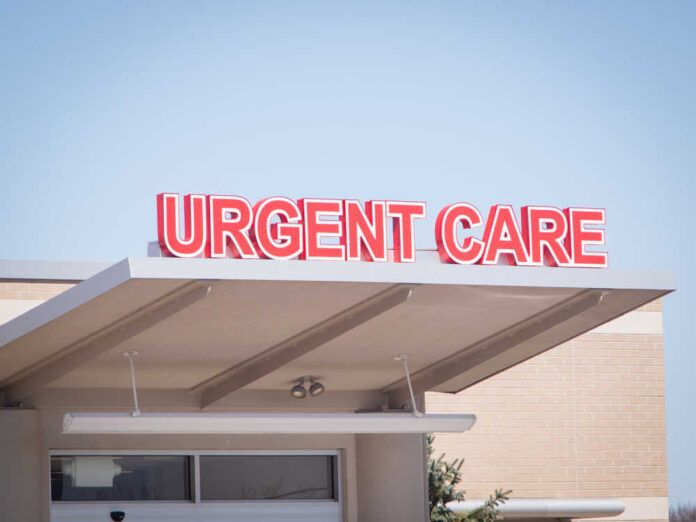
Your primary care physician or family doctor is the best place to start in many health situations.
But scheduling an appointment can take days or weeks, and sometimes you need medical attention immediately.
In these cases, you may be wondering whether you should go to the emergency room or an urgent care center.
When Should You Go To The ER?
An emergency room (ER) is a hospital department that provides medical care for patients with potentially life-threatening or limb-threatening conditions.
If you are at risk of death or severe harm, you should go to the ER. This includes situations such as:
- Potential heart attack or heart failure (including chest pain or pressure)
- Signs of a stroke or seizure
- Breathing difficulties
- Head injuries
- Sudden, severe, and debilitating headache
- Severe abdominal pain
- Paralysis or severe muscle weakness
- Uncontrolled bleeding
- Compound fracture (broken bone poking out through the skin)
- Severe Burns (second degree or higher)
- Poisoning
Emergency rooms are equipped to deal with these types of conditions, and they have a staff of specialists who can provide the care you need.
When Should You Go To Urgent Care?
Urgent care centers are designed to provide medical care for time-sensitive but non-life-threatening conditions.
If your condition is not severe enough to warrant a trip to the ER, but you need medical attention within 24 hours, you should visit an urgent care center. This includes conditions such as:
- Infections (sore throat, earache, or fever)
- Cuts that may need stitches
- Minor burns
- Bruises, strains, or sprains
- Rashes or skin conditions
- Urinary tract infections
- Allergies
- Diarrhea
- Vomiting
Urgent care centers are not equipped to deal with life-threatening conditions but can provide the care you need for less severe ailments.
It is usually considered more like your regular doctor’s office, except they have extended hours and can usually see you on short notice.
When Should You Wait For Your Primary Doctor?
If your condition is not life-threatening and can wait a few days or even a week or two, you can typically wait to see your family doctor or primary care physician.
If you are experiencing an emergency and need immediate help, call 911.
For other situations, you can typically call your doctor’s office, and they will help you decide if you can wait for a scheduled appointment or if you should go to urgent care or the emergency room immediately.
Don’t neglect your health concerns. When you need medical attention, you have several options of service available to you. Your health issues may not resolve on their own, so be sure to get the care you need as soon as possible.






















